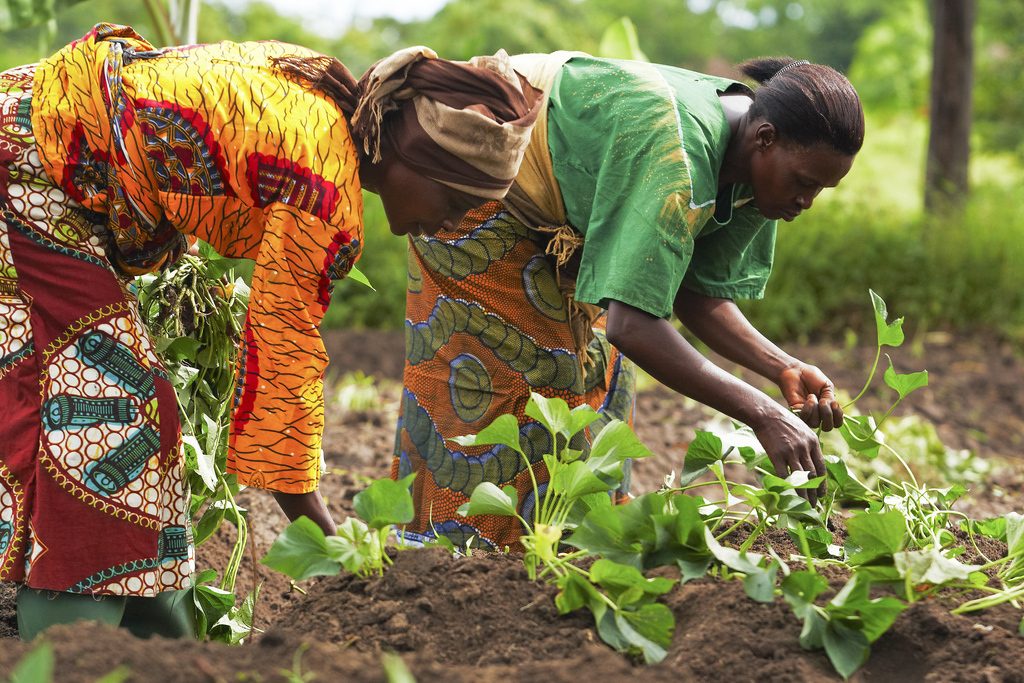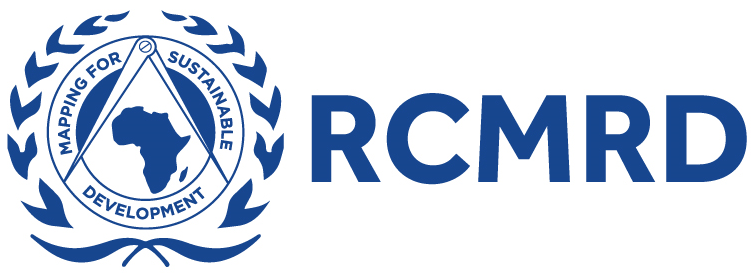Agriculture and Food security

Agriculture is a critical livelihood sector in Africa, contributing to over 50% of GDP. In sub-Saharan Africa, over-reliance on rain-fed agriculture renders the small holder farmer and agricultural decision-makers particularly vulnerable to climate variability. Food security issues continue to attract attention especially in the Greater Horn of Africa region where 75% of the land is classified as arid. The impacts of climate change and extreme weather patterns which cause floods and droughts are projected to affect food security in the region.
Improving the accessibility, reliability, and use of information used for planning and decision-making can improve food security. There is need to prioritize development of robust agriculture information systems, up-to-date products to inform food security outlooks, and agricultural decision support systems. Earth observation data has the potential to be effectively applied in agricultural assessments and monitoring, and in development of tools and products at different spatial extents as an input to agricultural decision making processes.
In addition, the development of effective communication systems closely linked to relevant national agencies working with agriculture related services (e.g., agricultural extension and advisory services) is vital to supporting the timely use of information in decision making at respective levels of government, community based organizations and farmers.
Working in collaboration with other initiatives on agricultural monitoring identifies opportunities to advance food security objectives. Services that are being implemented under this service area include:
- Regional Cropland Assessment and Monitoring Service
- Rangeland Assessment and Monitoring Service
- Frost Monitoring and Forecasting Service



















